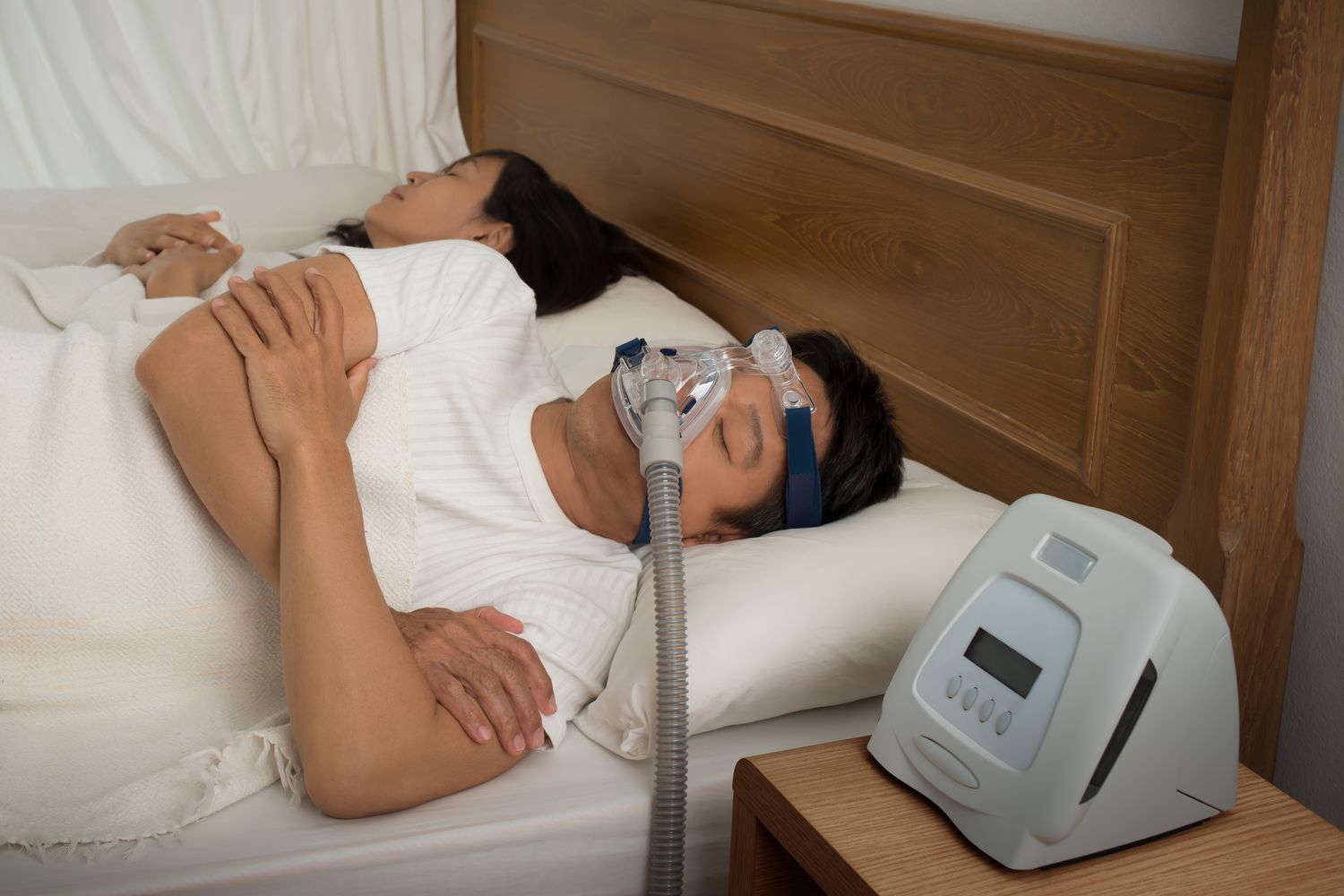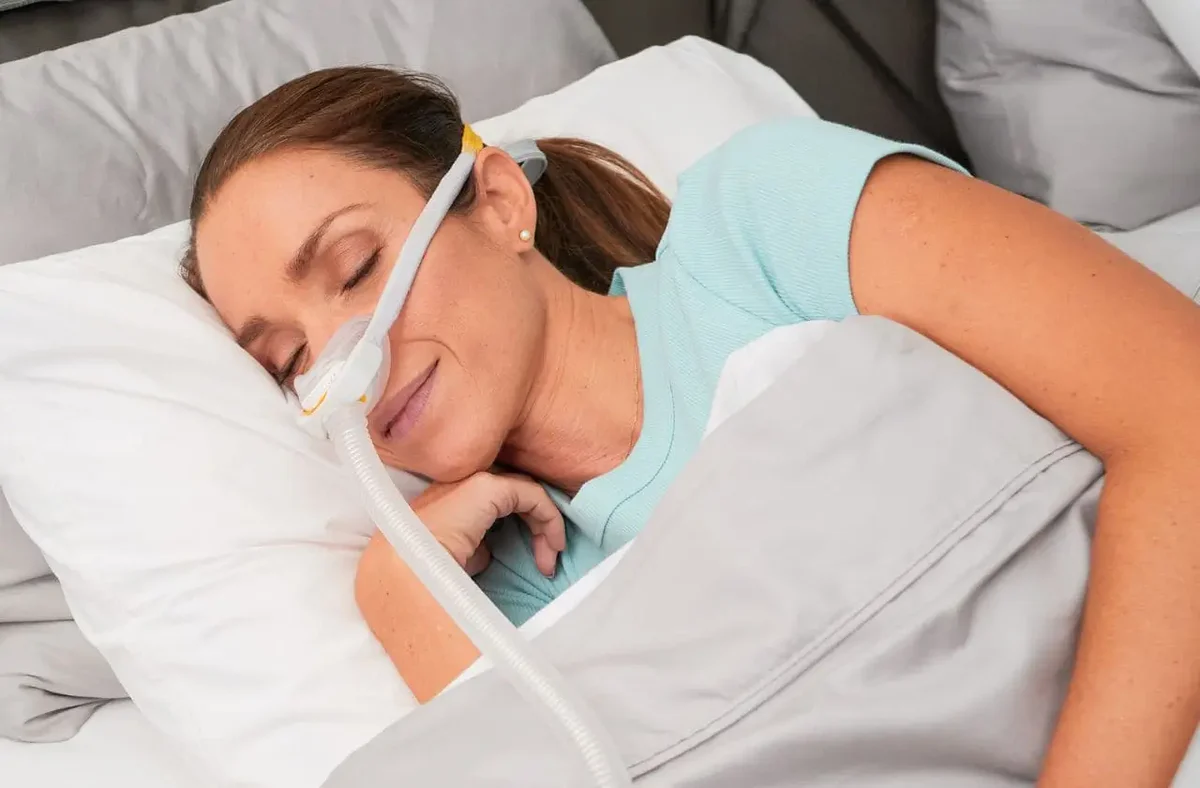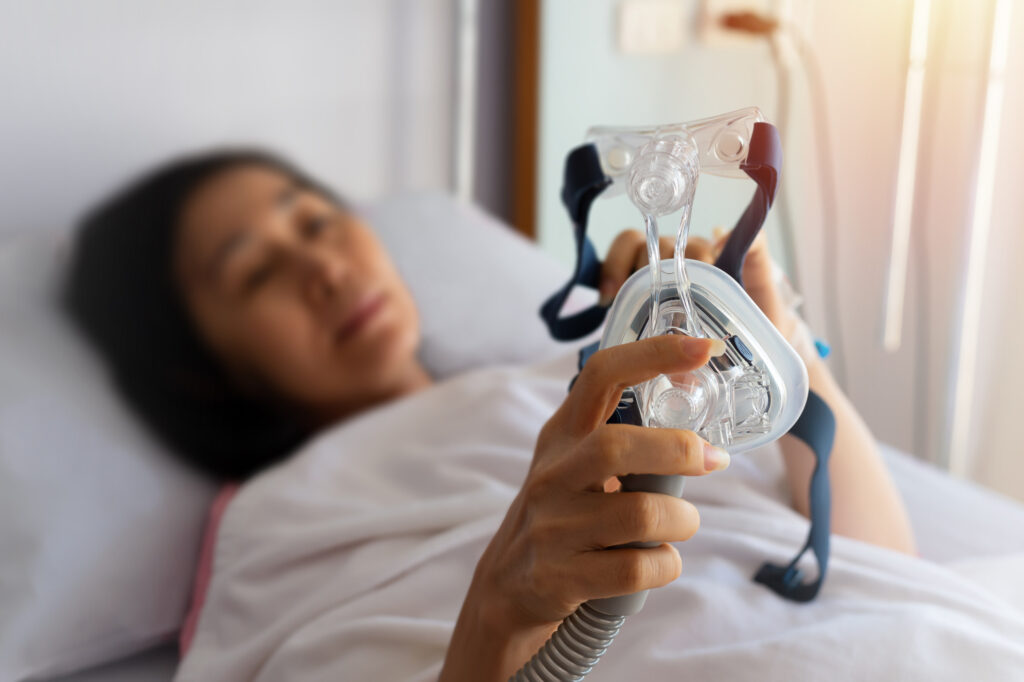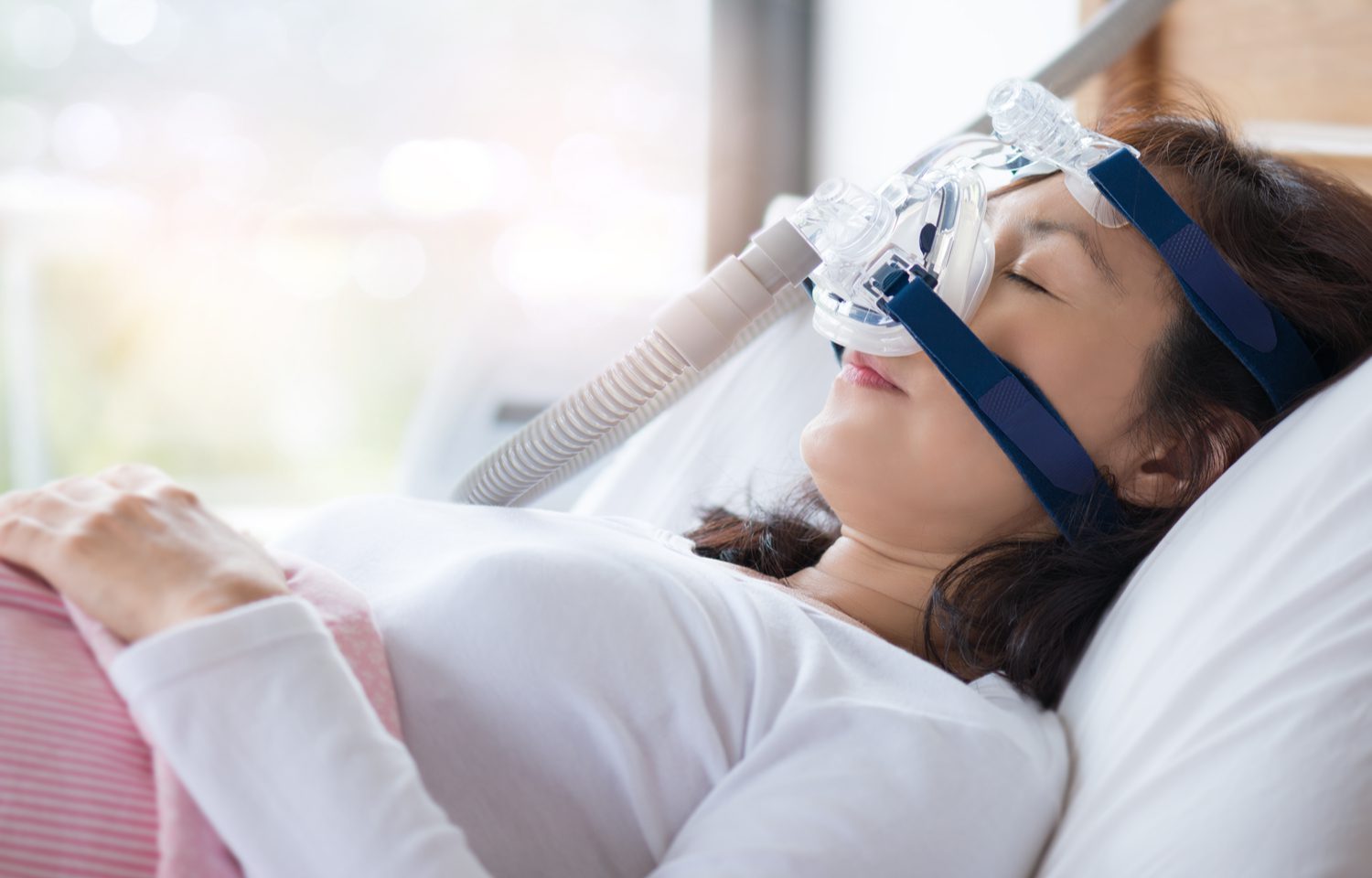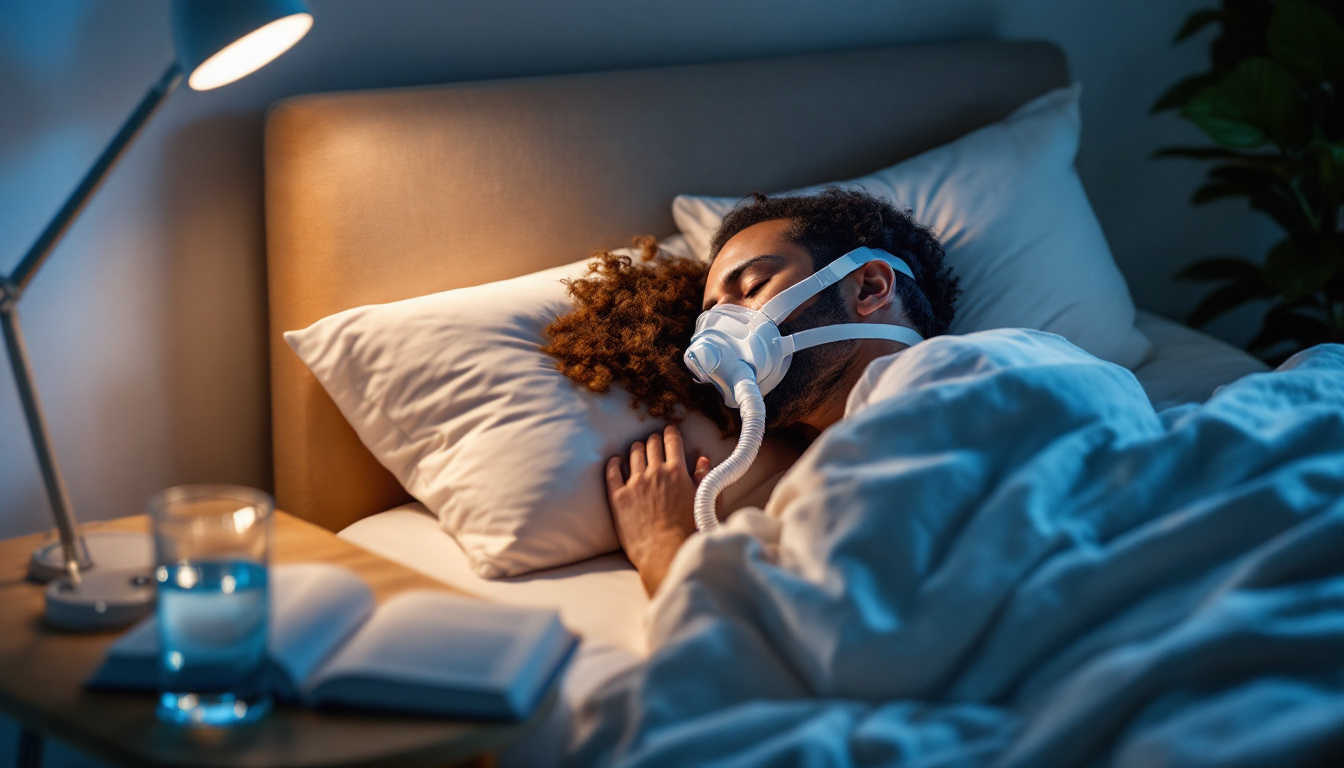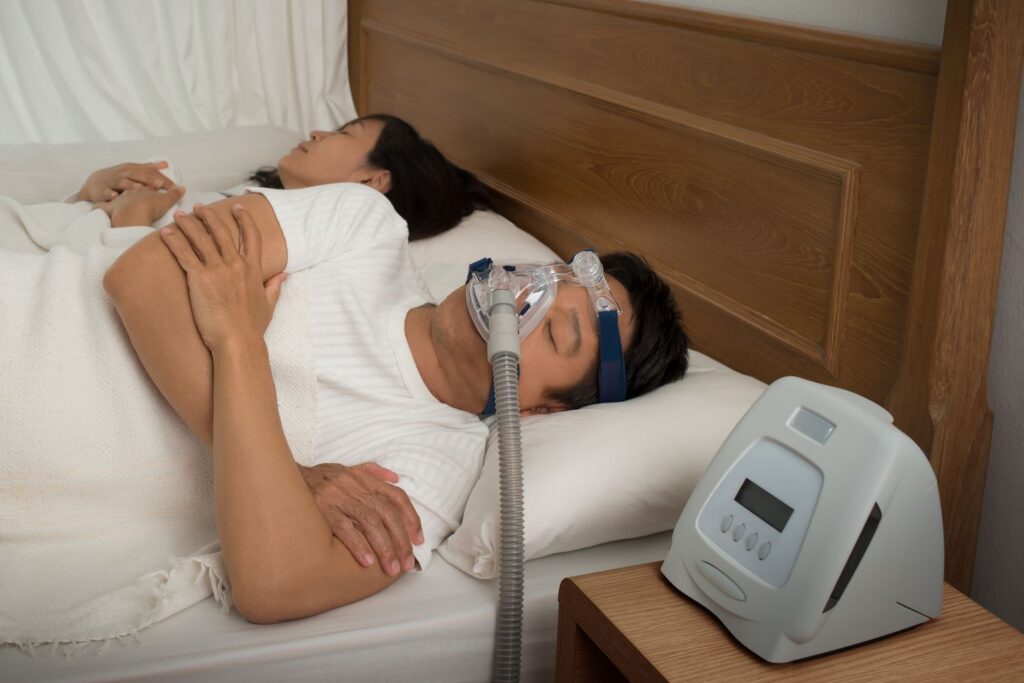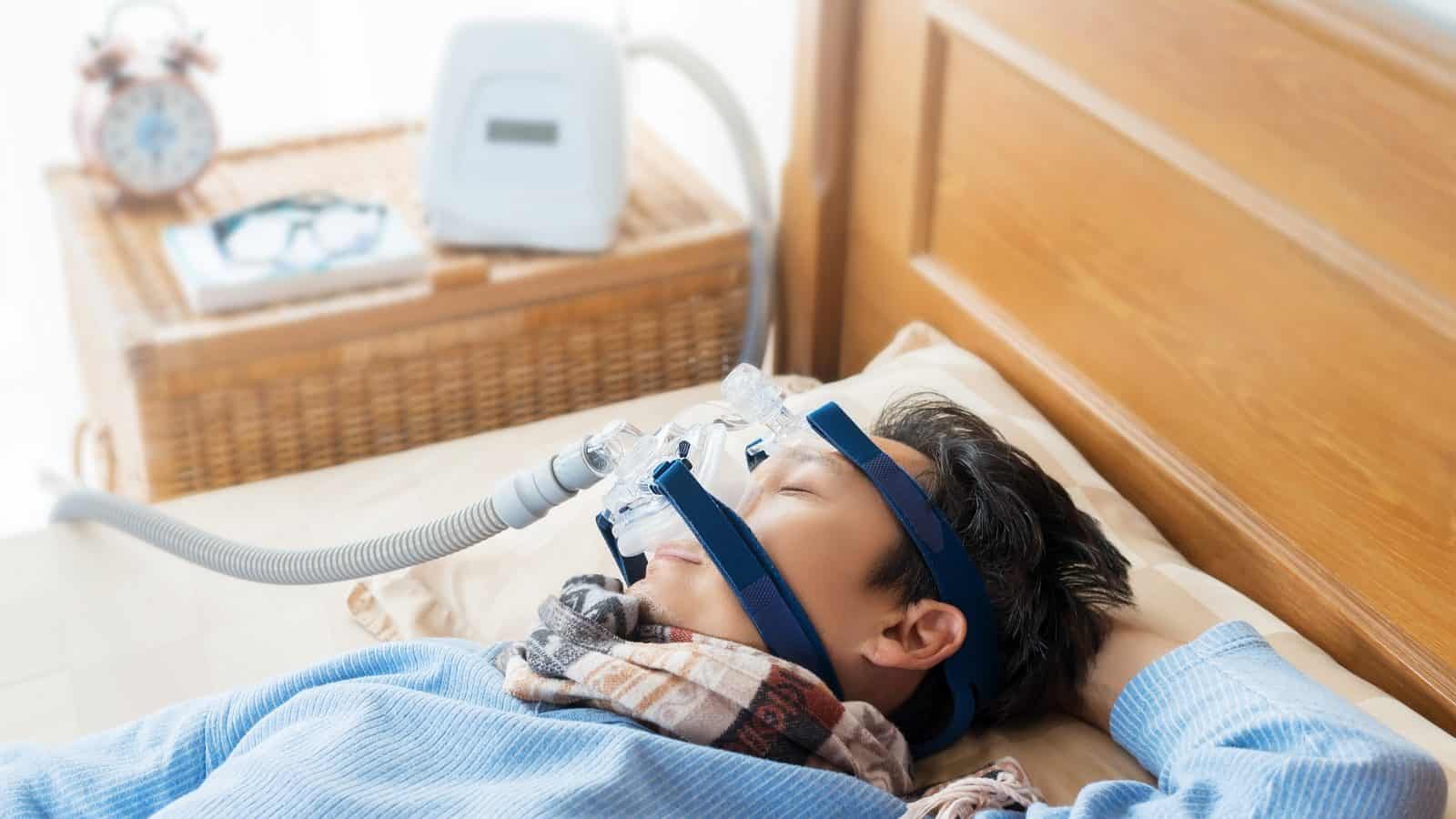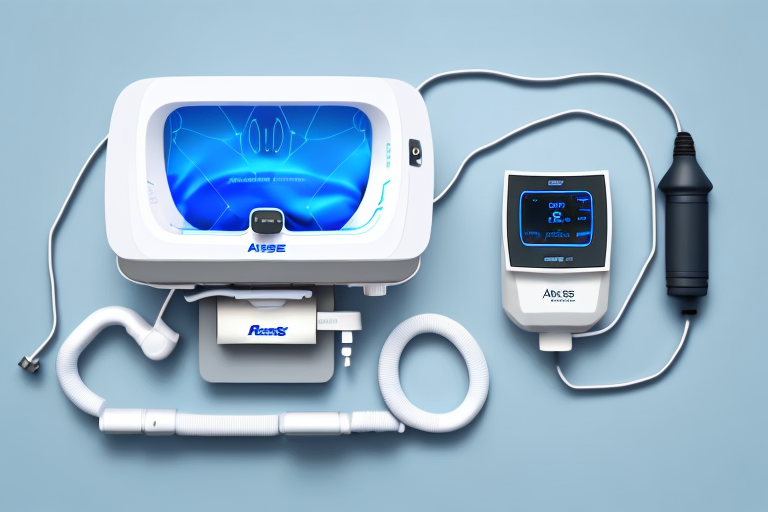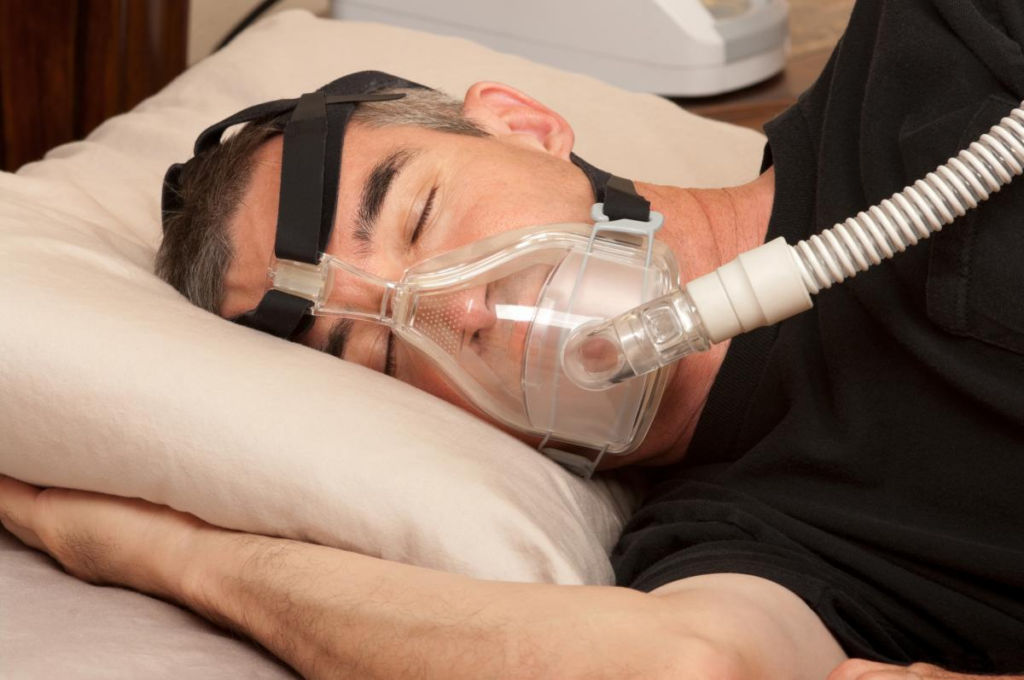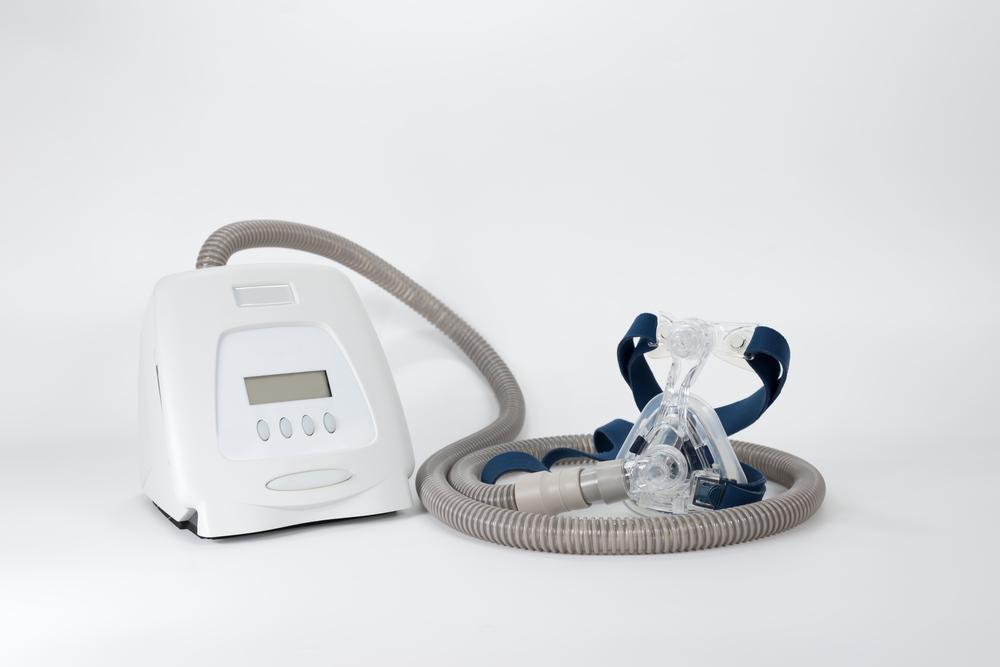Sleep apnea is a common condition that disrupts sleep and can lead to severe health complications. For individuals suffering from sleep apnea, CPAP (Continuous Positive Airway Pressure) machines have revolutionized the way the condition is managed. These devices offer an effective, non-invasive solution for those who struggle with interrupted sleep due to breathing difficulties. In this article, we will explore how CPAP machines have changed the landscape of sleep apnea treatment and provide an in-depth look at how they work, the different types available, and tips for using them.
What is Sleep Apnea and How CPAP Machines Help
Sleep apnea is a disorder where a person’s breathing repeatedly stops and starts during sleep. This disruption in breathing can lead to lower oxygen levels in the blood, increased heart rate, and frequent awakenings throughout the night. Sleep apnea is categorized into three types:
- Obstructive Sleep Apnea (OSA): The most common form, caused by a blockage of the upper airway, typically due to relaxed muscles in the throat.
- Central Sleep Apnea: Occurs when the brain fails to send the proper signals to the muscles that control breathing.
- Complex Sleep Apnea: A combination of obstructive and central sleep apnea.
CPAP machines help alleviate the symptoms of sleep apnea by providing a continuous flow of air through a mask that keeps the airway open. By preventing airway collapse, CPAP therapy helps patients breathe more easily, reducing the number of apnea episodes throughout the night. This allows individuals to achieve more restful sleep and avoid the serious health risks associated with untreated sleep apnea, such as heart disease, stroke, and high blood pressure.
Types of CPAP Machines
CPAP machines are not one-size-fits-all. Different types of CPAP machines cater to specific needs and preferences. Here’s a breakdown of the most common types:
- Standard CPAP (Continuous Positive Airway Pressure):
- Delivers a continuous stream of air at a constant pressure.
- Benefits: Simple and effective for many people with obstructive sleep apnea.
- Limitations: Fixed pressure settings may not be ideal for everyone, especially those whose needs change throughout the night.
- Auto-CPAP (Auto Adjusting CPAP):
- Automatically adjusts the pressure based on your breathing patterns during sleep.
- Benefits: More comfortable, as it adjusts the pressure to suit individual needs.
- Limitations: Tends to be more expensive than a standard CPAP machine.
- BiPAP (Bilevel Positive Airway Pressure):
- Provides two levels of air pressure: a higher one for inhalation and a lower one for exhalation.
- Benefits: Ideal for individuals with complex sleep apnea or additional respiratory conditions like COPD (Chronic Obstructive Pulmonary Disease).
- Limitations: Typically more expensive and may be more complex to use than standard CPAP machines.
How to Choose the Right CPAP Machine
When selecting a CPAP machine, it’s important to consider factors that will affect your comfort and the effectiveness of the therapy:
- Comfort: Look for a machine that offers adjustable pressure settings, a quiet motor, and options for customizing the mask to fit comfortably. Some machines also offer humidifiers to prevent dryness.
- Noise Level: If you or your partner are light sleepers, a quieter CPAP machine may be essential. Many newer models are designed to operate quietly.
- Portability: For those who travel frequently, a compact, lightweight CPAP machine with a carrying case is an ideal choice.
- Price: While standard CPAP machines are generally more affordable, auto-adjusting CPAP and BiPAP machines come with higher price tags due to their advanced features.
Consulting with a healthcare provider is crucial to finding the best CPAP machine based on your specific sleep apnea needs and lifestyle.
CPAP Machine Setup and Usage
Setting up and using a CPAP machine properly is essential for its effectiveness. Here’s a step-by-step guide to ensure you’re using your CPAP machine correctly:
- Unbox and Assemble: Begin by connecting the tubing to the CPAP machine and the mask. Attach any additional components, like a humidifier, if included.
- Adjust the Settings: Your doctor will typically prescribe the appropriate pressure for you. If you have an Auto-CPAP, the machine will adjust the pressure based on your breathing patterns.
- Fit the Mask: It’s crucial that the mask fits snugly but comfortably to prevent air leaks. There are different types of masks: nasal masks, nasal pillows, and full-face masks.
- Use the CPAP: Turn the machine on before going to bed and let it run throughout the night. Make it a habit to use the machine every night to experience the full benefits of the therapy.
Troubleshooting Tips:
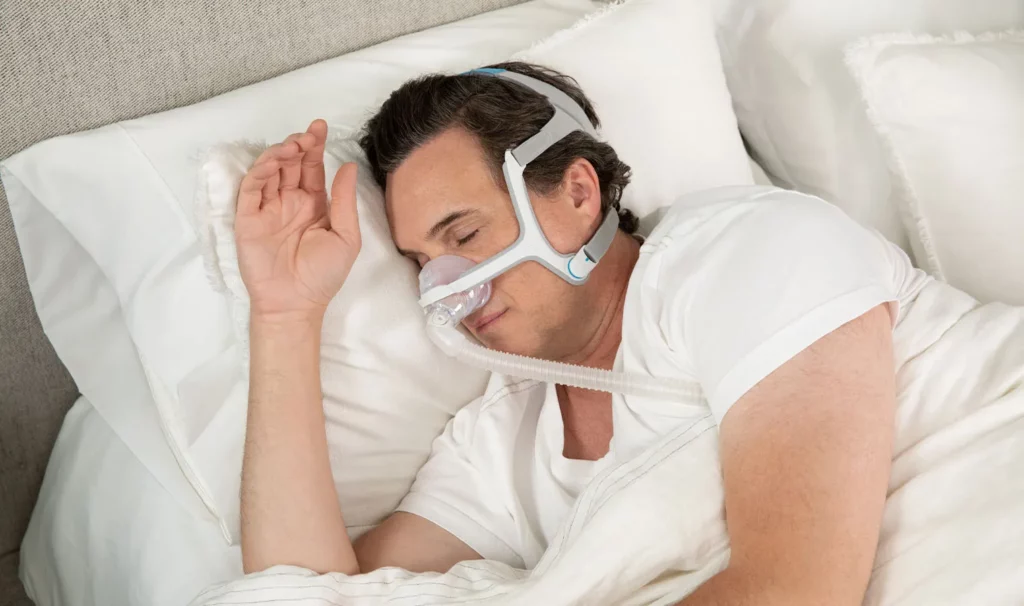
- Air Leaks: Adjust the straps on the mask or check for any damage that may cause air leakage.
- Dry Mouth: If you wake up with a dry mouth, consider using a heated humidifier or a full-face mask.
- Noisy Machine: Ensure the machine is placed on a flat, stable surface, and clean the air filter to prevent excessive noise.
CPAP Machine Accessories and Maintenance
Proper maintenance of your CPAP machine and its accessories is essential to ensure the device continues to function properly:
- Masks: Clean your mask daily to prevent bacteria buildup. Replace the mask every 6 to 12 months, depending on wear and tear.
- Tubing: Clean the tubing weekly and replace it every 6 to 12 months to avoid mold or bacteria buildup.
- Filters: Replace the air filters regularly to maintain clean airflow and ensure the machine works efficiently.
- Humidifiers: If your CPAP machine has a humidifier, make sure to clean the water reservoir weekly to prevent mold and bacteria.
Benefits of Using a CPAP Machine
Using a CPAP machine provides several significant benefits, including:
- Improved Sleep Quality: CPAP therapy prevents disruptions in breathing, leading to longer, more restful sleep.
- Better Health: By reducing the number of apnea events, CPAP machines lower the risk of heart disease, stroke, and other related conditions.
- Increased Daytime Energy: With improved sleep quality, users often experience increased energy levels, better focus, and enhanced mood.
- Improved Relationships: CPAP therapy reduces snoring, which can lead to better relationships and fewer sleep disturbances for your partner.
Common CPAP Machine Problems and How to Solve Them
While CPAP machines are generally reliable, users may experience some issues from time to time. Here are some common problems and solutions:
- Air Leaks: Ensure the mask is properly fitted and check for cracks in the mask or tubing.
- Dry Mouth: Use a humidifier to add moisture to the air or opt for a full-face mask if you breathe through your mouth at night.
- Discomfort: Try different mask types to find the most comfortable fit. You can also use mask cushions or liners for extra comfort.
Cost of CPAP Machines and Insurance Coverage
The cost of CPAP machines varies depending on the type and features:
- Standard CPAP Machines: Typically cost between $200 and $800.
- Auto-CPAP Machines: Range from $500 to $1,500.
- BiPAP Machines: Can cost $1,000 or more.
Many insurance plans cover the cost of CPAP machines, especially if they are prescribed by a doctor. However, patients should check with their insurance provider to confirm coverage and find out what out-of-pocket costs they may need to pay.
Conclusion
CPAP machines have revolutionized the treatment of sleep apnea by providing an effective, non-invasive solution to improve sleep quality and overall health. Whether you opt for a standard CPAP, an Auto-CPAP, or a BiPAP machine, it’s important to choose the right device based on your needs. Regular maintenance and proper usage are essential to ensure that the machine works efficiently and that you get the most benefit from your therapy. Always consult with your healthcare provider to determine the best treatment plan for your sleep apnea and make informed decisions about your CPAP machine. With the right care, CPAP machines can help you achieve better sleep and a healthier life.

